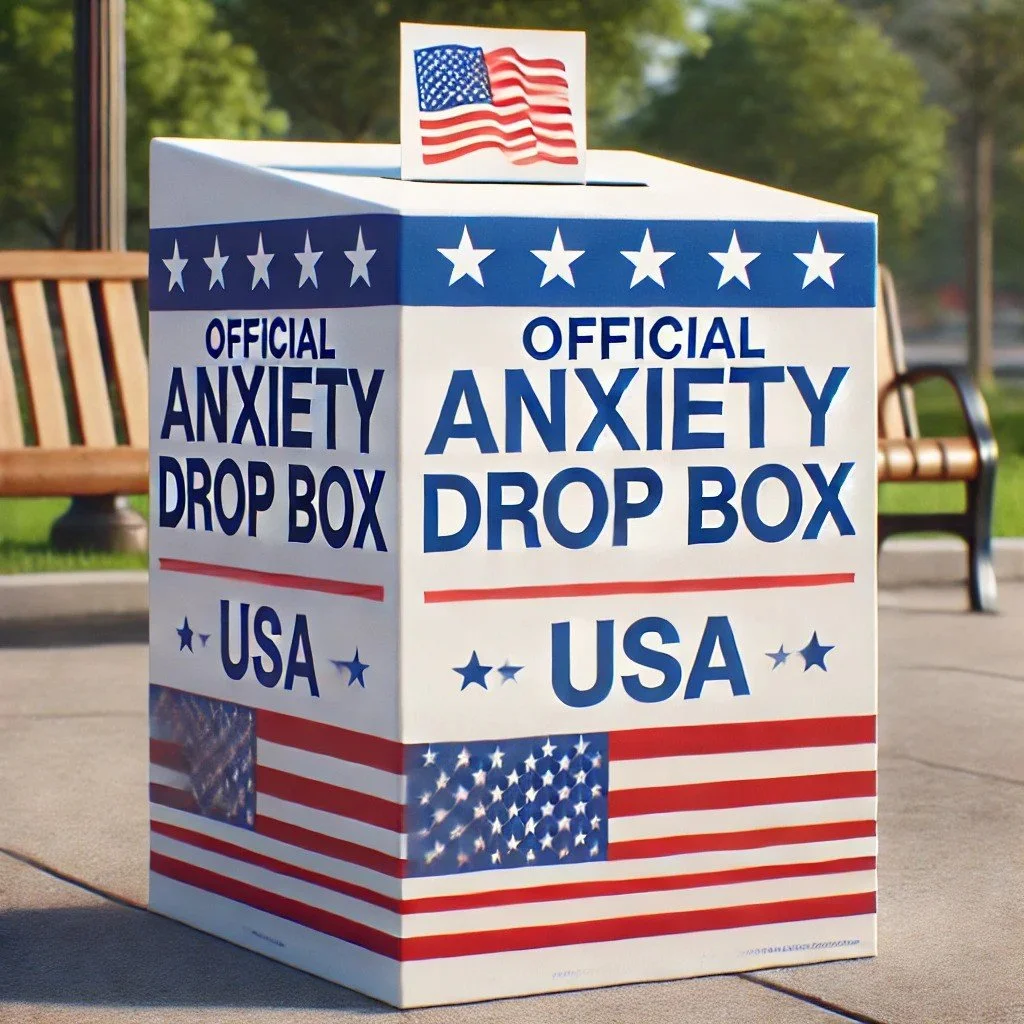Sometimes Self-Care is About Doing Less
Self-care is often presented as adding more into our lives—more routines, more exercise, more activities. But what if true self-care is sometimes about doing less? Holistic therapy reminds us that caring for ourselves is not just about adding things but also removing what isn’t serving us. Sometimes the best way to support our mental and emotional health is by allowing ourselves to drop the ball on things that aren’t urgent.
Here are some ways to simplify your life by doing less, and how this approach can be a vital part of holistic self-care.
1. Reassess Your To-Do List
None of us will ever complete our to-do list, yet the pressure to always “get things done” can be overwhelming, especially when it comes to tasks that aren't truly necessary. Take a close look at your to-do list and ask yourself if everything on there really needs to get done right now. Does it serve your well-being, or is it just something you feel obligated to check off? Could it be delegated? Delayed? Deleted? Chances are the list isn’t as urgent as you think
Holistic Tip: Give yourself permission to prioritize only the tasks that are truly urgent, and those that support your mental and emotional health. If something isn’t urgent, let it go—or move it to a later date. By freeing up your mental space, you create room to focus on what truly matters.
2. Limit Your Social Media and Screen Time
A big part of doing less involves cutting back on things that drain our energy without adding real value. Social media, for instance, can quickly become a source of comparison, anxiety, and stress. It’s easy to lose track of time scrolling through feeds, only to realize later how drained it left you feeling.
Holistic Tip: Try reducing screen time, especially in the morning or before bed. Consider a “digital detox” day each week or limit social media use to a few minutes at specific times. By eliminating unnecessary media intake, you can make room for activities that nourish you, like spending time in nature or connecting with loved ones. We've got tips on specific apps and strategies to support digital detox here. Our favorites are OffScreen and OneSec.
3. Cancel Plans Without Guilt
Many of us feel a strong obligation to attend every event, outing, or social gathering we’re invited to, even when we’re tired or need a break. But true self-care sometimes means saying no. It’s okay to cancel plans if it means protecting your health and well-being. You can convey your love and care for the people you're cancelling on as you bow out. It's best not to do it last minute, if possible.
Holistic Tip: When you feel stretched thin, allow yourself to say no or reschedule social plans. Honoring your limits is an act of self-compassion. Spending time alone or resting can be just as nourishing as being around others. Sometimes, it's better.
4. Let Go of Perfectionism
Perfectionism is a hidden drain on our mental and emotional resources, keeping us locked in a cycle of always needing to do more and do it “just right.” Whether it’s work projects, personal hobbies, or household tasks, perfectionism can rob us of joy and make us feel constantly “not enough.” Aim for "good enough" rather than acing the project or task.
Holistic Tip: Practice giving yourself permission to do things imperfectly—or to not do them at all. Acknowledge that sometimes good enough is truly enough. Embracing imperfection frees up energy to focus on what genuinely supports your well-being.
5. Pause Non-Essential Goals
Pursuing personal goals is a great way to grow, but there’s no need to tackle everything at once. If you’re already juggling multiple commitments, it’s okay to pause certain goals for a time. You can always pick them up later when you have more energy and mental space.
Holistic Tip: Review your goals and consider setting aside those that aren’t urgent. If you’ve been trying to learn a new skill but feel overwhelmed, give yourself permission to take a break. Not every goal has to be pursued immediately. Prioritize the ones that align with your well-being right now.
6. Release Toxic Relationships
Sometimes, self-care means letting go of relationships that drain rather than uplift us. Toxic relationships—whether friendships, family connections, or romantic relationships—can cause stress, anxiety, and emotional burnout. Choosing to step back from these relationships can be an act of self-preservation.
Holistic Tip: Evaluate the relationships in your life. Are there connections that consistently leave you feeling exhausted, hurt, or unvalued? It might time to set boundaries or even take a step back. Protecting your peace is essential for mental and emotional health.
7. Practice Rest as a Form of Self-Care
Rest is a fundamental part of well-being, but many people struggle with. Resting when you’re tired isn’t lazy—it’s mandatory. If you don't rest, your body will demand it at an inconvenient time. Taking time to nap, sleep in, or relax without an agenda allows your body and mind to recharge and recover.
Holistic Tip: Make rest a priority by setting aside time each day to do nothing, even if it’s just for 10 minutes. Allow yourself to fully unwind, whether through meditation, gentle stretching, or just lying down.
Self-Care Is About Honoring Your Limits
Self-care is seen as more than just a list of activities. It’s about tuning in to what truly supports your mental, emotional, and physical health. Sometimes, self-care means letting go of what no longer serves you, even if that means leaving things unfinished or unsaid.
When you allow yourself to do less, you’re making space for what really matters. Your health, happiness, and peace are worth more than any completed to-do list. So give yourself permission to drop the ball on things that aren’t urgent. Taking care of yourself should feel good, not overwhelming.
Need help with your self care? Our holistic therapists are ready to support you. Book a free consultation today.



























